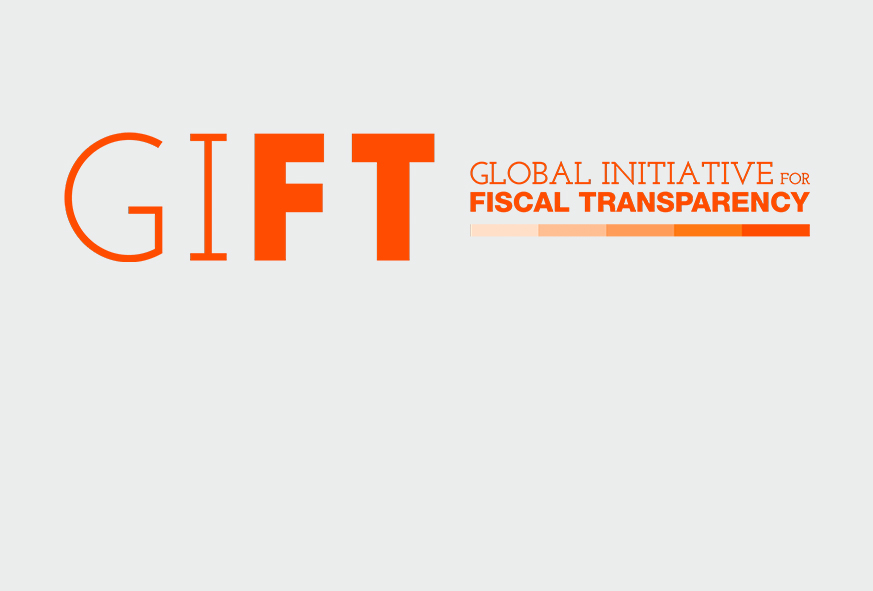Written by Paula Chies Schommer and Florencia Guerzovich.
The fight against corruption is one of the key issues in the Brazilian public agenda today. Corruption is the problem that Brazilians worry about the most, according to a survey by Datafolha published on November 29th, 2015.
On the one hand, citizens are outraged and shocked. On the other hand, people perceive important changes: never before did we have access to so much information on corruption nor did we witness such quick and organized responses (investigation, trials, and punishment) from different public institutions. The number of figures from the political and business establishment under investigation and punished for corruption is another first.
Still, the largest innovation is the massive involvement of individuals and organizations in both debates and problem solving.
What is the story (or stories) behind these changes? What allowed Brazil to reach to this moment? Is it the result of new control mechanisms, or a maturation of Brazilian political culture? Is it a bit of both? Alternatively, is this perhaps just a passing concern that will eventually lead to demobilization?
Some factors help explain these changes. For instance, several state bodies working to prevent and fight corruption have become stronger over the last decades. Public officials received training: they learned from international experiences. Public bodies established coordination mechanisms and linked up with control agencies in other countries. Some of these bodies, such as the Federal Comptroller General (Controladoria Geral da União, CGU), realized that they gained power and capacity to fulfill their mandates by working in constant dialogue with civil society. State bodies have moved in this direction, but the road has not been straightforward.
The Congress recently approved new laws facilitating transparency, investigation and punishment. These include the law on access to information (or transparency statute) and an anti-corruption in business statute. In addition, the convictions resulting from the monthly allowance scandals (mensalão) and a new plea bargaining mechanism seem to have increased the incentives for cooperation with the judiciary and the perceived risk of lack of cooperation.
Around the world, information technologies have facilitated actions by governments and civil society organizations promoting transparency, open data, and open government. There is still a gap between expectations about the potential of technology and real progress, partly because change depends on more intense articulations among organizations, processes, and institutions across levels of government.
The most noteworthy innovations, however, are happening in Brazilian cities. Everyday actions by citizens and public officials determined to have an impact on the course of events where they live are the drivers of these reforms. Through their work at home, they are affecting events beyond their towns.
Since the beginning of the 200os, several initiatives in Brazilian cities show that it is possible to transform outrage into action, and achieving concrete results on the fight against corruption and the promotion of quality in public administration.
It is the case of Ribeiṛo Bonito, a small town in the State of Ṣo Paulo, where citizen mobilization prompted the investigation and punishment of corruption and changes in local government practices. These results and the learning process involved, in turn, led to the creation of Amarribo Brasil Рa Brazilian coalition against corruption considered a national and international reference on the subject.
It is also the case of Maringá, in the State of Paraná, where the outrage of different segments of the local society led to the creation of the Maringá Social Observatory (Observatório Social de Maringá). The Observatory effectively fights corruption and promotes fiscal education initiatives, which contribute to improving the quality of public administration. The Maringá experience inspired the creation of close to one hundred observatories in every Brazilian region.
An example of these new observatories is the Itajaà Social Observatory (Observatório Social de ItajaÃ), in the State of Santa Catarina. This organization, working along the Prosecutors’ Office (Ministério Público) and several local organizations spearheaded numerous investigations. It has contributed to changing attitudes by public officials, businesspeople and citizens. Individuals who are willing to improve the quality of their work and contribute to the improvement of public services have more incentives to do so. At the same time, the risks of sanctions for those who engage in corruption, as well as for those who refuse to report deviations or keep low performance, are also increasing.
Londrina is another outstanding case. A string of corruption scandals and instability caused a big reaction in this city. Journalists, retired civil servants, businesspeople, students, and young professionals, among others, mobilized to find solutions to the city’s public problems. The Londrina Public Administration Observatory (Observatório de Gestão Pública de Londrina), for example, began to coordinate actions with the local community and public administration, such as the Prosecutor’s Office (Ministério Público), the internal control of City Hall, the Comptroller General, the Public Policy Councils and the Court of Auditors. Through the combination of technical capacity and the coordination among various actors and knowledge, with limited financial resources, it was possible for the city to make progress on transparency, public procurement quality, and the oversight of contract enforcement, like the school meals and landscaping contracts.
These and other examples suggest that outrage over corruption and the misuse of public resources can provoke citizen engagement and, in turn, the effective development of accountability institutions’ capacities to prevent, investigate, and hold officials to account. They suggest that it is possible to make progress on the control of the public administration, overseeing for problem-solving, articulating technical and political capacities, furthering cooperation between civil society organizations, government officials, and control bodies, bridging local networks with those in other cities and countries.
In the fight against corruption, as well as against waste and mismanagement, ex post punishment is not enough. Ongoing monitoring is necessary to prevent and solve problems by actively engaging those affected by each public policy.
Control is not just a goal in itself; it needs to go beyond bureaucratic and formalistic box ticking. It is rather a contextualized form of control, coproduced by all those involved, articulating different capacities and generating collective learning. In this type of control, citizens do not lose their own critical attitude and their ability to demand solutions and accountability. Citizens can also contribute to these solutions.
In some Brazilian cities, the transformative effect of this chapter of Brazilian history is already visible. It is possible to appreciate the value of citizen participation as part of a broader agenda to prevent corruption and improve public management. At the same time, these actions at the city level have triggered learning processes that contribute to the articulated and skilled action in large national operations.
The stories behind the story suggest that active citizens, alongside competent public servants can build a capable public administration, a fairer country and better cities to live in. These partnerships can contribute to advancing organizations and instruments, articulated systems, and co-produced and democratic controls.
Written by Paula Chies Schommer €“ Professor of Public Administration at Santa Catarina State University (Udesc). Ph.D. in Business Administration, Fundação Getulio Vargas and Florencia Guerzovich €“ Accountability Consultant for international organizations such as U4 €“ Anti-Corruption Resource Centre. Ph.D. in Political Science, Northwestern University.

